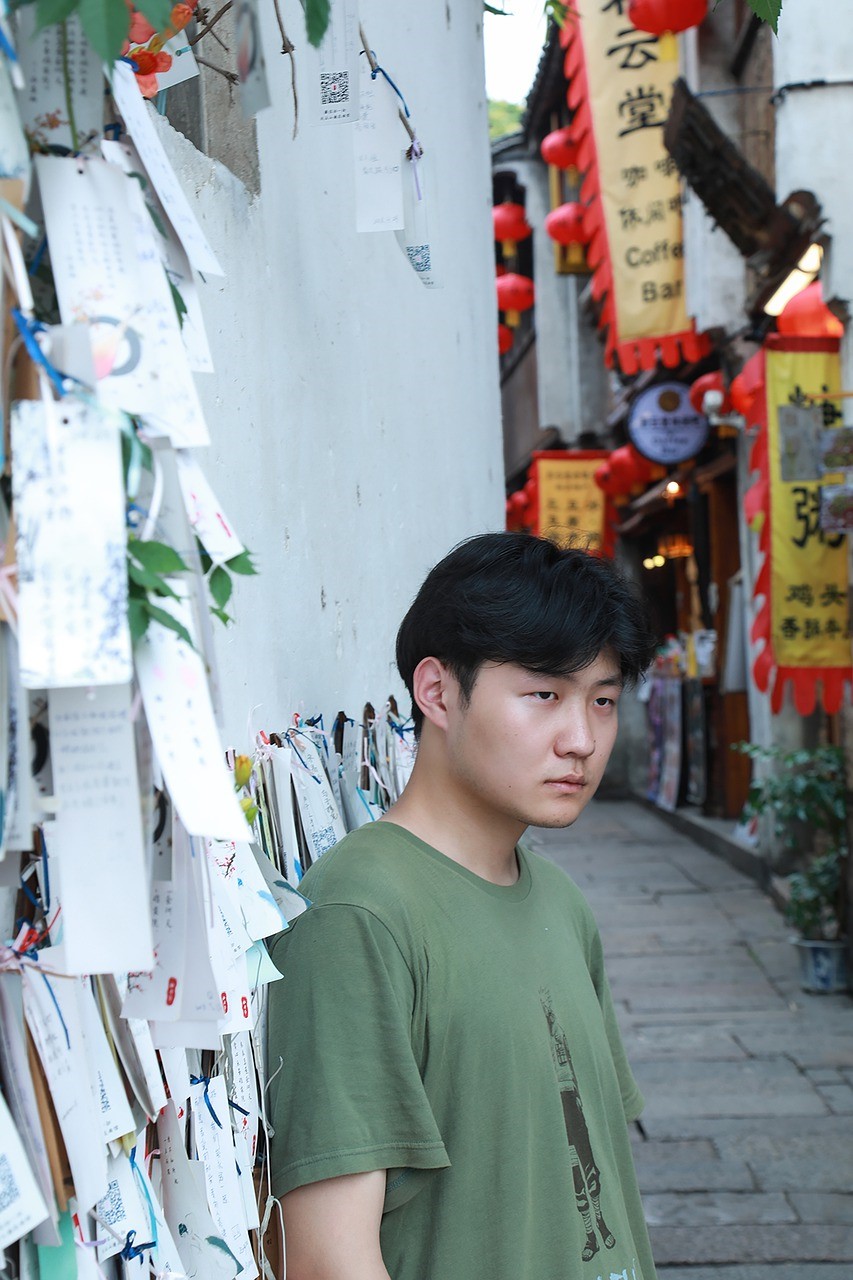Over twenty percent of China’s adult population between 20–30 years old is unemployed this year. Despite official statements claiming the economy is strong, the active middle class is under an increasing burden as they need to provide financial support for the ageing population. With fewer working age citizens, high unemployment, a negative birth rate, and declining confidence among the working population that life will improve, Xi Jinping faces serious domestic challenges that could destabilize the regime. In March Reuters reported that the Chinese government was planning to raise the retirement age gradually by several months. Despite the announcement, policymakers have not taken any action.
Today, five workers’ contributions support one retiree. By 2030 only four workers will be supporting one and in 2050 that number is expected to decrease to two. Active workers know this is unsustainable and the pressure on them will only continue to mount. Deteriorating social conditions are one of the main factors contributing to the increase in the illegal use of drugs in the country. Although statistics are hard to obtain, it appears China is experiencing a worsening drug abuse problem, according to a report by Sheldon Zhang and Ko-Lin China. In 2016 they found that the number of officially registered addicts was at about 2.5 million and has risen every year since 1998.
Since 2018 China has cracked down on illicit drug use and tightened the surveillance and movement of the population under the “zero COVID” policy. The Shanghai observer reports that by last June the officially report drug crimes and users had plummeted. This week, on June 26, China will mark International Anti-Drug Day ” (国际禁毒日) by warning drug users and traffickers of the consequences of using illicit drugs. Chinese president Xi Jinping is personally overseeing China’s “anti-drug work” and counter-narcotics enforcement. John S. Van Oudenaren, of the Jamestown Foundation, points out this week that China itself is a major source of precursor chemicals for illicit drug manufacturing, particularly fentanyl and methamphetamine. “However, the actual level of illegal drug use within China itself remains murkier,” he says. In June 2020, “Xi stated that the current mix of domestic and foreign drug problems, ‘traditional and new illegal drug dangers’ and the proliferation of drugs on and offline, pose serious threats to public safety, public health and social stability.”
Over the last five years, according to China’s head of the Ministry of Public Security’s Narcotics Control Bureau, China has arrested 588,000 criminals on drug crimes in the country’s “People’s War on Drugs.” Each year since that time, arrests have fallen successively from 140,000 to 54,000 at the end of 2021. Just over a year ago authorities were only registering about 1.49 million drug addicts annually, which represents a 49% decrease from five years ago. The Shanghai Observer says Beijing is claiming this as a successful anti-drug program backed by vigilant enforcement and strict drug prohibition and run in unison with Xi Jinping’s anti-crime campaigns.
Xi Jinping portrays China’s drug problem as due mainly to external market forces in the economy and does not recognize the system’s internal contributing factors. Although the CCP is pushing police to make arrests, few in the top leadership of criminal organizations are arrested. The problem continues to worsen. After the Supreme People’s Court, the Supreme People’s Procuratorate, the Ministry of Public security and the Ministry of Justice jointly announced the launch of a “sweep black” campaign, they said that any staff of state agencies found serving as “protective umbrellas” would be rooted out and severely punished, notes Van Oudenaren. The CCP is calling for friends and neighbors to persuade those involved in criminal enterprises to turn themselves in.
He adds that the “combination of more aggressive law enforcement and the constraints imposed by zero-COVID on criminal operations… undoubtedly suppressed but surely did not extinguish organized criminal activity in China, including drug trafficking.” He suspects that China is vastly under-reporting the drug problem. In 2021 a Chinese academic journal Chinese Youth Sciences, published a survey in which almost half of the drug users interviewed had experienced unemployment, and that many of those with college degrees were relegated to working in low-paying jobs in factories, as waiters, security guards, and couriers. Another segment of the population experiencing increased use of illicit drugs includes wealthy young urbanites and celebrities.
Although drug use is not at the level found in the West, it is a growing concern since the Mao era in China. Van Oudenaren points out that “The potential risk of fentanyl penetrating Chinese society suggests that for the PRC, cracking down on production and distribution of the drug and its chemical precursors serves a greater purpose than mollifying pressure from the US, Canada and other countries reeling from the opiate epidemic. Rather, as the PRC’s recent experience dealing with the trafficking of heroin and methamphetamine from Myanmar underscores, preventing the proliferation of fentanyl is also very much in China’s self-interest.” As Chinese domestic challenges mount, China may find itself facing an increasing challenge by those in society who have lost hope for a better future and turned to drugs to alleviate the pain.
Daria Novak served in the U.S. State Dept.
